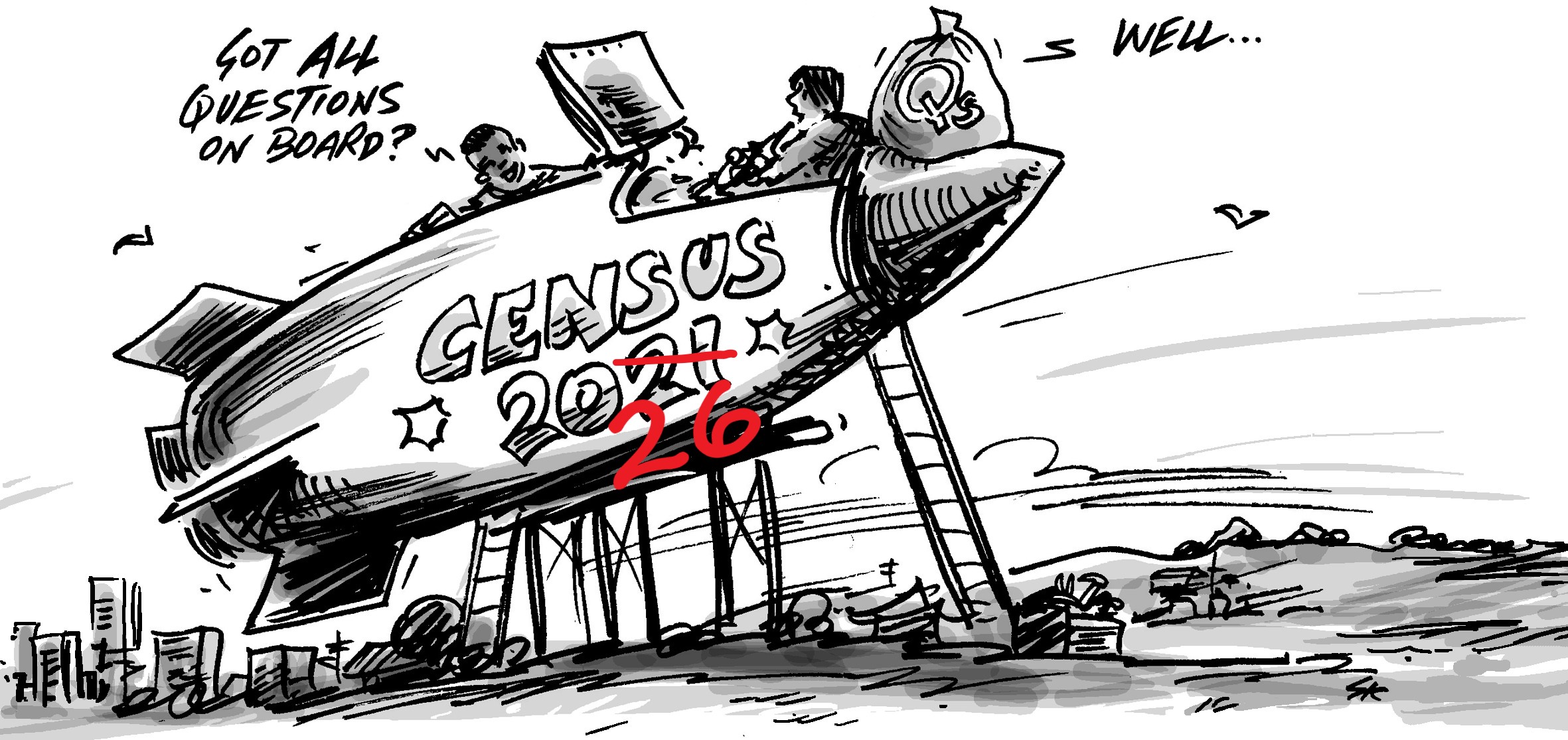The 2011 Census is just two weeks away. At .id, we deal with Census data every day, and both ourselves and our clients love the demographic stories it can tell about each suburb and town in Australia. There are many reasons to get excited about the 2011 Census because the magnitude of demographic change in the last five years is significant. Here are a few of the many questions on topical issues that the Census will answer …

- RECORD POPULATION GROWTH – We’ve just been through a period of record population growth – 2006 was only at the very start of this, so it will be interesting to see how this enormous growth has affected the nation. Particularly areas like the City of Wyndham in Victoria which is adding 12,000 people per year, or places like Penrith and Campbelltown in NSW which had declining population in 2006 but appear to have grown significantly since. The 2011 Census will let us know if this is correct.
- RECORD BIRTHS – The increase in the birth rate between 2003 and 2009 took a lot of people by surprise. We can expect to see lots more young children of pre-school and primary school age, reversing the trend of declining numbers of children in many areas over the previous 20 years.
- RECORD MIGRATION – In 2009, Australia had a net migrant intake of 300,000, more than twice the long term average, and it’s been high other years since 2006 too. The 2011 Census will show us the characteristics of these people, where they are living and how they are settling into Australian society. We can expect to see big increases in emerging refugee communities from places like Sudan, Congo and Burma, as well as a large increase in the Chinese and Indian-born populations.
- BOOMERANG GENERATION – There is plenty of anecdotal evidence that children are leaving home later and later, or leaving and coming back home. This, combined with the higher birth rate, may give us the first increase in household size in Australia in 40 years. It may show the effect on society of the extreme increase in housing costs over the past 15 years – Can our kids afford to leave home any more?
- RURAL REVIVAL – Preliminary population numbers since 2006 seem to show that the decline of rural towns has been halted and many are now increasing. The Census will show whether this is the case or not, and whether things like the treechange and seachange phenomena are beginning to revitalise regional areas.
- WORK PRESSURES – Are we working more and longer hours in Australia? The 2011 Census will be the first one since the GFC, which didn’t seem to have much effect on us – or did it? Unemployment declined every Census since 1991. There’s talk about a slowdown just in the last few months. Are increasing hours of work putting pressure on families, and will we see an increase in grandparents with child care responsibilities? Or are employee’s hours being reduced due to an economic slowdown, rather than being laid off?
- HOUSE PRICE PRESSURES – Due to a change in wording of the Tenure question in 2006, it wasn’t possible to get a clear picture of whether there were more homeowners or whether renters were on the increase. With the question being worded the same this time, we should be able to see if people are getting into more debt to buy homes, or are renting longer before being able to afford a house. There aren’t many more topical issues than housing affordability in Australia!
- VOLUNTEERING – New questions which were introduced in 2006 will for the first time be available in time series in 2011, so we will be able to see how the number of volunteers in Australia has increased or decreased, along with the incidence of disability, and child care responsibilities.
- SAME SEX COUPLES – With the recent high profile debate about legalising gay marriage, it will be interesting to see if there is a big increase in the number of same-sex couples who declare their relationship in the Census (about 25,000 couples did in 2006). The option “Husband/Wife of person 1” will be accepted for the first time, so those with a registered marriage from overseas can mark this, which is available in addition to the “Defacto marriage” option.
What are you excited about in the upcoming Census? Leave us a comment or follow us on Twitter @dotid for more updates. You may also visit our website at id.com.au for more information.
.id is a team of population experts who combine online tools and consulting services to help local governments and organisations decide where and when to locate their facilities and services, to meet the needs of changing populations. Access our free demographic resources and tools here.










